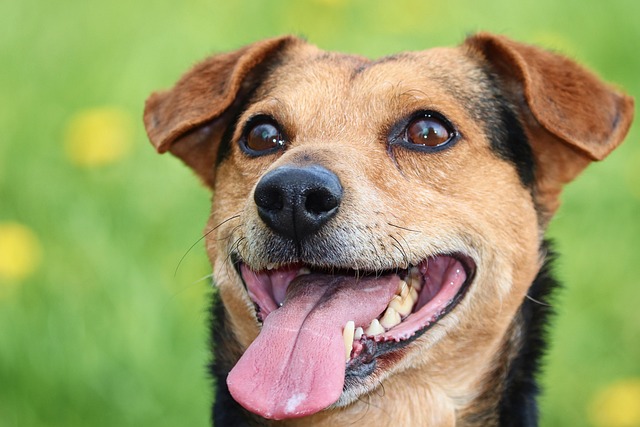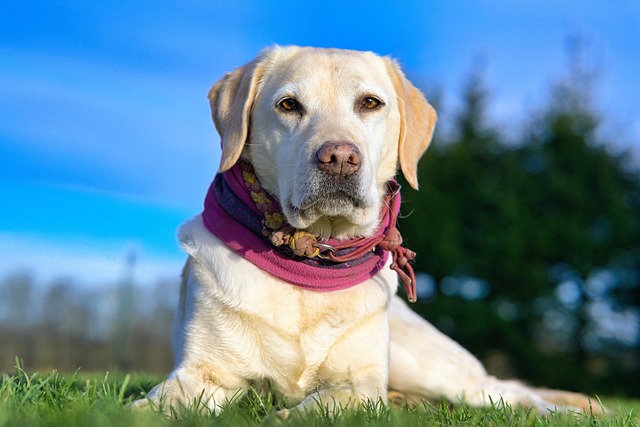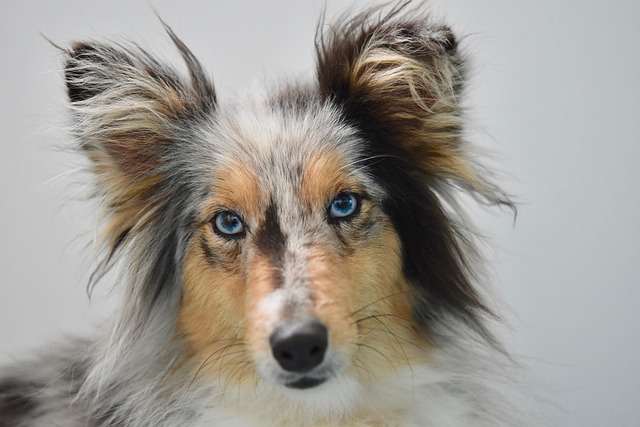
How do you treat itchy skin on dogs
When we see the dog scratching its skin with its paws frequently, rubbing on the ground constantly, and even scratching the skin until it bleeds,
In the morning, as we were preparing to go out to work, the dog closely followed behind, its eyes filled with unease and reluctance. Its cry seems to be telling of inner fear and loneliness. The separation anxiety of dogs not only torments them, but also grips the hearts of every owner. What factors can exacerbate a dog's separation anxiety and make it even more intense? With a deep concern for dogs and professional knowledge, let's delve into the reasons behind this.
Sudden changes in a dog's lifestyle are often an important factor exacerbating separation anxiety. Dogs are highly habitual animals, accustomed to taking regular walks, feeding, playing, and resting every day. Once these patterns are broken, the dog will feel lost and its sense of security will collapse. For example, if the owner suddenly changes the time of going out and going home due to a job change, the familiar rhythm of the dog's life is disrupted, and they cannot determine when the owner will leave and when they will come back. This uncertainty can keep dogs constantly in a state of tension and anxiety, and separation anxiety will become increasingly severe. When the owner travels or travels for a long time and places the dog in an unfamiliar environment, such as a pet store or a friend's house, the dog not only has to adapt to the new living environment, but also faces unfamiliar people and animals, which undoubtedly further exacerbates their separation anxiety. In unfamiliar places, dogs cannot find familiar smells and objects, and their inner loneliness and fear are infinitely amplified. They will vent their inner anxiety through behaviors such as barking and destroying objects.
The behavior and attitude of the owner have a direct impact on the separation anxiety of the dog. When the owner shows excessive reluctance and worry when going out, constantly stroking the dog, comforting it, and even saying goodbye with sadness, the dog can keenly perceive the owner's anxiety, thereby exacerbating its own anxiety. Dogs are very dependent on their owners, and they see their owner's emotions as a warning signal, believing that their owner's departure may bring bad things. Similarly, when the owner returns home and excessively comforts the dog, giving them a lot of attention and affection, it can make the dog feel that they can only receive special treatment after the owner leaves and returns, making them even more afraid of the owner leaving. This excessive reaction can strengthen the separation anxiety of dogs, making them more uneasy every time their owners leave.
Lack of socialization in dogs can also exacerbate separation anxiety. As social animals, dogs need to interact socially with their peers and humans to meet their emotional needs. If dogs are left alone for a long time and lack communication with the outside world, they will become lonely and anxious. When the owner leaves, this sense of loneliness is further amplified, leading to increased separation anxiety. For example, some office workers leave their dogs alone at home during the day, and the dogs are unable to interact with others all day and can only wait for their owners to come home alone. In this state for a long time, dogs will become extremely sensitive to their owners' departure, and every separation will cause them to fall into deep anxiety.

Health issues are also an undeniable factor. When dogs are unwell, they will rely more on their owners' companionship and care. Some chronic diseases, such as arthritis, heart disease, diabetes, will make dogs feel pain and discomfort, thus aggravating their anxiety. When the owner leaves, the dog cannot receive timely care and comfort, and will feel even more lonely and helpless, and separation anxiety will also increase accordingly. In addition, the side effects of some medications may also affect the emotions of dogs, leading to increased separation anxiety.
Environmental changes can also have an impact on dogs' separation anxiety. Moving, adding new members or pets to the house can make dogs feel unfamiliar and uneasy. In a new environment, dogs need to readjust to unfamiliar smells, sounds, and layouts, which can bring them a lot of pressure. At the same time, the appearance of new members in the family may distract the owner's attention from the dog, making the dog feel neglected and exacerbating separation anxiety.
When we understand these factors that exacerbate separation anxiety in dogs, we can take corresponding measures to help dogs alleviate their anxiety. Maintain a stable lifestyle for dogs and minimize changes in their pace of life. When going out and returning home, stay calm and composed, and do not overly express your emotions. Provide dogs with ample social opportunities to interact with other dogs and humans. Pay attention to the health status of dogs, take them to the veterinarian regularly, and seek timely treatment for illnesses. When the environment changes, give dogs enough time and space to help them adapt to the new environment.
Dogs give us endless love and companionship, and when they suffer from separation anxiety, we have a responsibility to be their safe haven. By delving into the factors that exacerbate separation anxiety in dogs, providing them with more care and support, helping them overcome anxiety, regain happiness and peace of mind, and continue to accompany us through one beautiful time after another, writing warm and touching stories between humans and dogs.

When we see the dog scratching its skin with its paws frequently, rubbing on the ground constantly, and even scratching the skin until it bleeds,

During the days spent with Rottweilers, their strong and sturdy bodies and loyal gazes always bring a great sense of security to their owners.

When we carefully select dog food for our dogs, full of the hope that they will eat healthily and thrive, we may not realize that certain ingredients

Dog shedding is a familiar and troublesome daily scene for many pet owners. When faced with dog hair flying around, many owners wonder: "Is it normal for my dog to shed so much hair?"

Watching the dog constantly make bowel movements in the corner, with its face blushing but unable to expel feces, its uncomfortable appearance is heart wrenching.

Watching the dog suffering and restless due to constipation, frequently making the defecation posture but having difficulty in defecating,